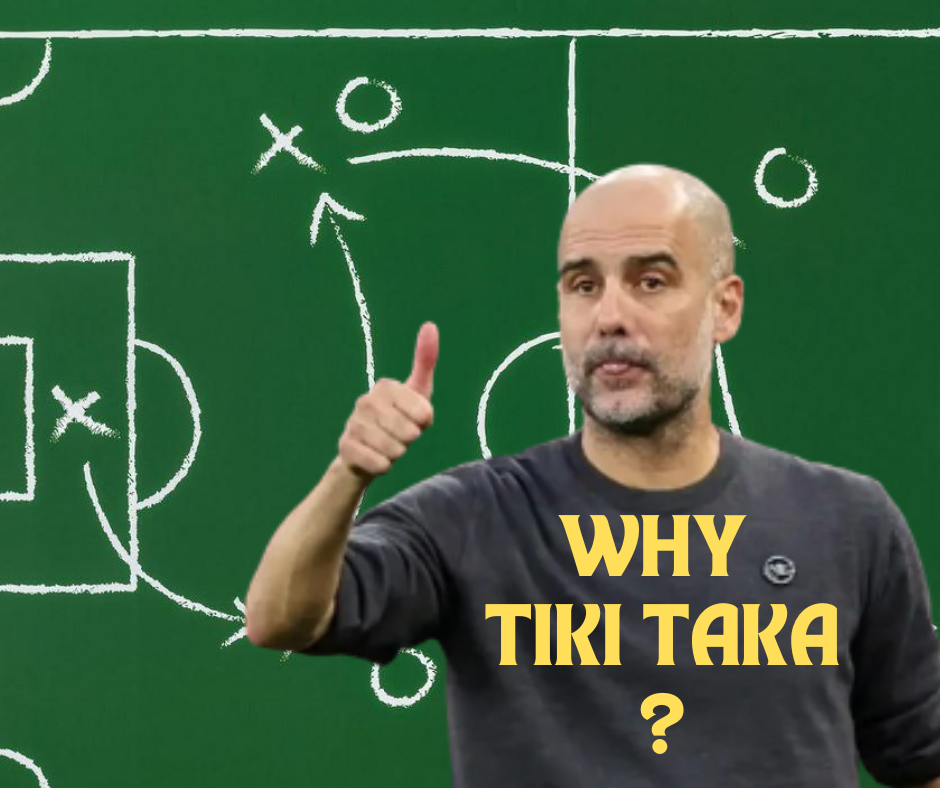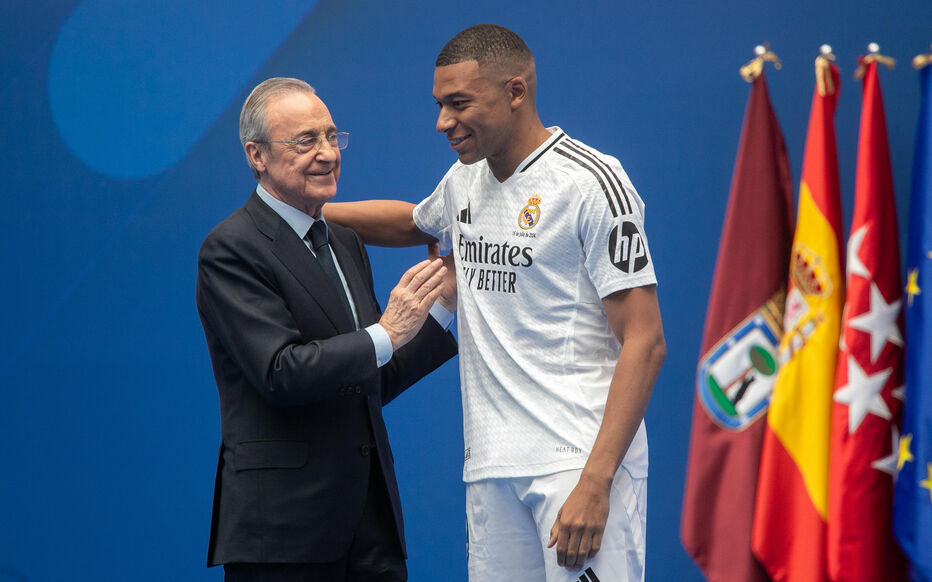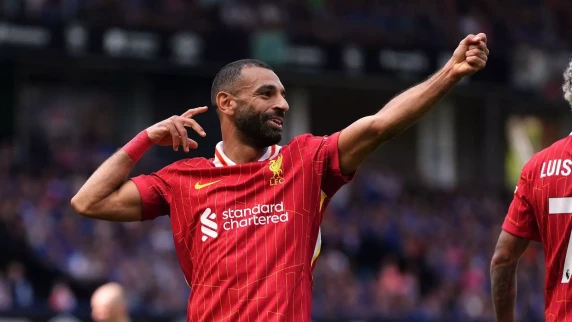Pep Guardiola, one of the most successful football managers of all time, is widely known for his deep affection for the tiki-taka style of play. Tiki-taka, characterized by short passing, quick movement, and a focus on maintaining possession, is more than just a tactical approach for Guardiola—it’s a footballing philosophy that has defined his career. But why does Guardiola hold this style so close to his heart? Here’s a deeper look into why tiki-taka resonates so strongly with him.
The Influence of Johan Cruyff
Guardiola’s love for tiki-taka can be traced back to his time as a player under Johan Cruyff at Barcelona. Cruyff, the legendary Dutch manager, introduced Guardiola to a footballing ideology that emphasized the importance of possession, control, and intelligent movement. This philosophy wasn’t just about winning; it was about winning with style, dominating the game through a methodical and patient approach.
Under Cruyff’s guidance, Guardiola became a student of the game, absorbing the nuances of positional play and the importance of spatial awareness. Tiki-taka became a natural extension of these principles, where keeping the ball and creating numerical advantages across the pitch were key.
Control of the Game
At the heart of Guardiola’s preference for tiki-taka is his desire to control every aspect of the game. By keeping the ball, his teams can dictate the tempo, frustrate opponents, and minimize their chances of conceding goals. Tiki-taka isn’t just about passing for the sake of passing; it’s about maintaining control over the game. When his team has the ball, they are in charge, making it difficult for the opposition to create opportunities.
This control is also psychological. By dominating possession, Guardiola’s teams can mentally wear down their opponents, forcing them to chase the ball and eventually make mistakes. This approach is not only effective but also ensures that the game is played on Guardiola’s terms.
The Beauty of Movement and Space
Guardiola’s love for tiki-taka also stems from his appreciation of the beauty of football as an art form. Tiki-taka, with its intricate passing and fluid movement, is a style that transforms football into a visual spectacle. Guardiola sees football as more than just a sport—it’s an expression of creativity, intelligence, and teamwork.
Tiki-taka emphasizes the importance of space—how to create it, how to exploit it, and how to deny it to the opponent. For Guardiola, the game is a chess match played on a grand stage, where every move is calculated, and every player has a specific role to play. This meticulous attention to detail is what makes tiki-taka so appealing to him.
Adapting Tiki-Taka to Modern Football
While Guardiola’s teams at Barcelona perfected the tiki-taka style, he has also shown a willingness to adapt it to different environments. At Bayern Munich and Manchester City, he incorporated more direct elements and placed a greater emphasis on physicality and pace. This adaptability shows that Guardiola’s love for tiki-taka isn’t rigid; it’s flexible and evolves with the demands of modern football.
Despite these adaptations, the core principles of tiki-taka remain central to Guardiola’s approach. His teams continue to dominate possession, press high up the pitch, and prioritize short, quick passing. This evolution of tiki-taka under Guardiola demonstrates his deep understanding of the game and his commitment to a style that he truly believes in.
A Legacy of Tiki-Taka
Guardiola’s passion for tiki-taka has left an indelible mark on football. His teams have set new standards for how the game can be played, inspiring a generation of coaches and players to embrace possession-based football. For Guardiola, tiki-taka is more than just a way to win—it’s a philosophy that celebrates the beauty of the game.
In conclusion, Pep Guardiola’s love for tiki-taka is rooted in his desire for control, his appreciation of football’s artistry, and the influence of his mentors. Tiki-taka is not just a style of play; it’s a reflection of Guardiola’s footballing values and his vision of the perfect game.










